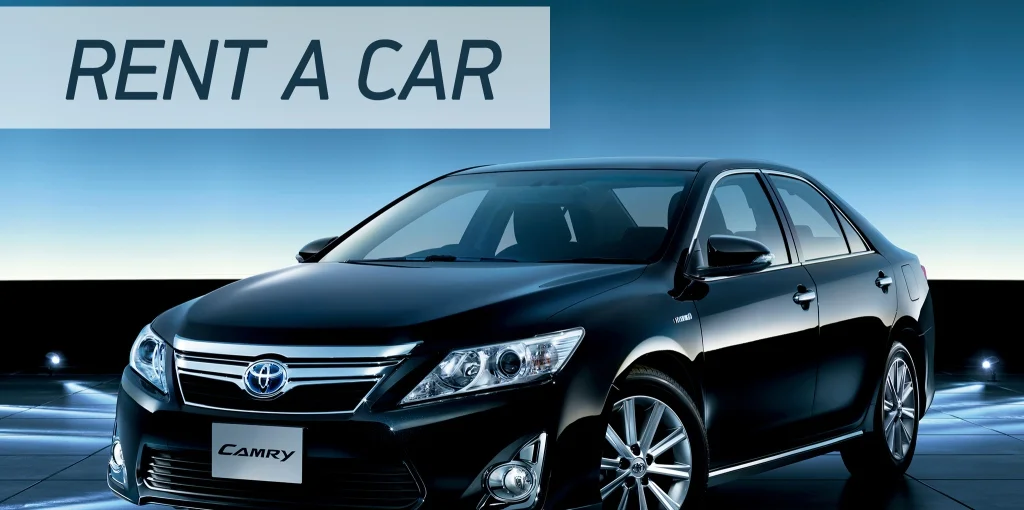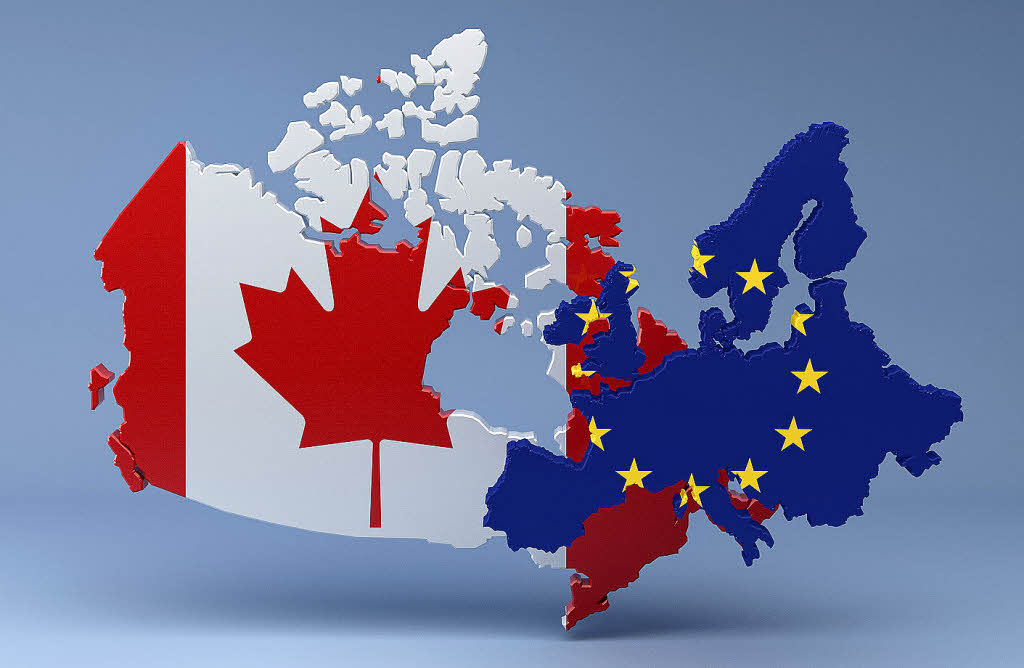How excellent! Off you go then
Apparently that difficult problem of what we should do about the British economy has been cracked. All doubt resolved, we've now got a plan. To which our answer is great, how excellent!
The oddity of closing the Tiger Temple
That we'd like the tiger to survive as a species is true: magnificent beings that they are. Which is why it's so odd that the authorities are closing down that Thai temple which breeds and keeps tigers:
Organic food is worse for the environment
Not that this should be much of a surprise to anyone but nice to see it confirmed again. Organic food is worse for the environment than conventionally farmed.
Another reason to vote Leave: they're insane
You might think there's more important things to think about over this decision to stay in or leave the European Union. The questions over sovereignty perhaps, cooperation, the economy, our place in the world. But here's one that is to us quite striking. Whoever it is that is actually running the European Union is certifiably insane:
How excellent that people are trying to build houses where people want to live
Here is a complaint about something, a complaint about something that we rather cheer. Indeed it cheers us to see this thing happening. The complaint is that builders and developers are trying to build housing where people want to live. It is this thing which we both cheer and cheers us:
It's nice to see a good idea: they being so rare
We tend not to think that the passing scene is oversupplied with interesting and useful ideas for government policy. Thus when one does appear we think we ought to note it:











